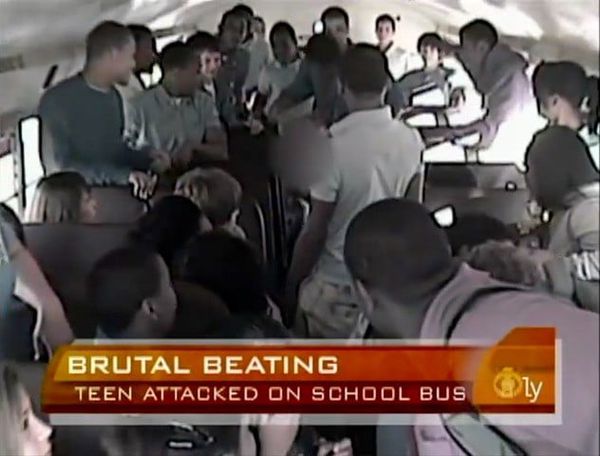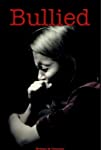Eye For Film >> Movies >> Bullied (2019) Film Review
Bullied
Reviewed by: Jennie Kermode

If you've ever been bullied, the chances are that you'll still experience stress when reflecting on the memory of it to this day. If your child has been bullied, you'll have experienced a whole different kind of anger and, perhaps, despair. It can be very hard to know what to do in these situations. People with these experiences are likely to find Thomas Keith's documentary a hard watch, but bear with it, because it's one of the few films on this subject to take an in-depth look at possible solutions.
This is one of those films that makes one wish it were possible to turn off the score, because its repetitive plinky-plonky sad piano packs in every musical cliché associated with the subject and does the rest of the film a serious disservice. Likewise some of the imagery of children looking sad, when what terrifies many parents is the knowledge that some kids don't show any outward sign of distress at all until they snap and do something drastic. The children's stories presented in the first half of the film are powerful enough to overcome this, however; and even if they couldn't do so individually, they certainly would in their mass.
Viewers should be prepared for disturbing footage of children being assaulted, often by groups of other children, often extremely violently. There are also video suicide notes made by children now dead (people at risk of suicide themselves should probably not see these) and there's testimony from parents who have lost their children to suicide, with some of the dead as young as eight. Social scientists explain how children's suicidal thoughts can be mapped across the year, showing a significant reduction during school holidays.
Bullying takes different forms, and alongside the violence on display here, there's a look at cyberbullying, which is pernicious because children can access it almost anywhere, at any time, so they have no safe space and no chance to recover. Unfortunately there's nothing here to explain how the awareness of it haunts children even when they're not looking at it directly, so some parents may be tempted to take their children's phones or internet access away, which can also cut them off from support networks. At times, Keith seems to forget the likely diversity of his audience and focuses the film a bit too heavily on academic perspectives. The material provided is very interesting but could be open to misinterpretation by people without that kind of background.
Where the importance of societal support does get a mention is in relation to minority children, who face a much higher risk both of being bullied and of dying from suicide. Here Keith brings up the damage caused by microaggressions. Again, this could be better explained for newcomers to the subject, but he does provide charts which highlight some of the issues and may prompt further consideration - the harm that comes from direct homophobic bullying, for instance, is pretty obvious, but straight people can easily overlook the damaging effect of living in a society which simply assumes that everyone will be straight and can leave kids with no context whereby to process their own feelings.
It would be impossible to talk about suicidal ideation among LGBT kids in the US without addressing the impact of right wing Evangelical homophobia, and this Keith does, going on to talk about wider society and the culture of hate. There's a reflection on the impact of Donald Trump, with a montage of bullying remarks he has made, and a reflection on how leaders behaving like this makes people in other parts of society feel as if they've been given permission to be cruel. This is as close as the film really gets to addressing the bullying of adults, but with such a huge subject, such omissions are forgivable.
Can bullying be prevented? Keith reminds us that schools don't exist in isolation and that positive changes made across society impact kids too. He also addresses issues around the causes of bullying, looking at things like poor impulse control in adolescents, and notes that not all schools have bullying problems - work done within individual school cultures can make a difference. Teachers are likely to find quite a bit of useful information in the film as a whole.
Though it could have been improved on, this is a film deserving of credit for its thoroughness and its willingness to go beyond simply talking about the problems. It encourages the sort of discussion that's long overdue.
Reviewed on: 06 Feb 2021

















